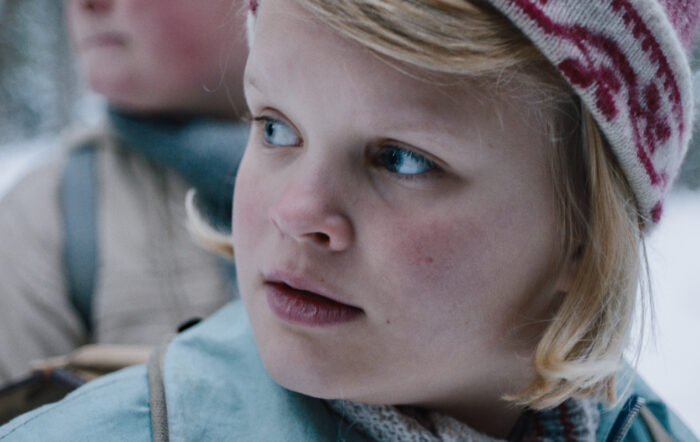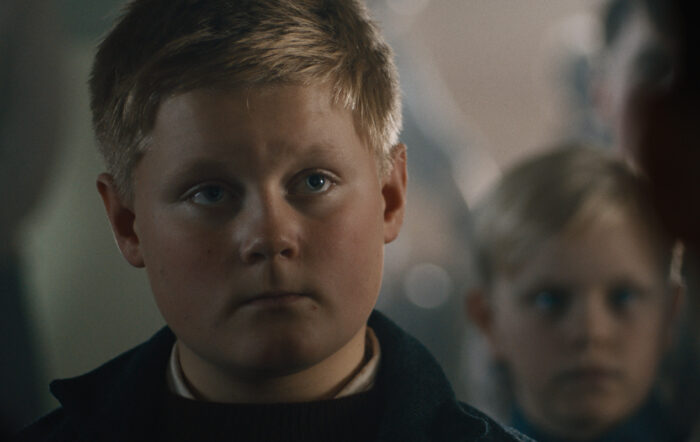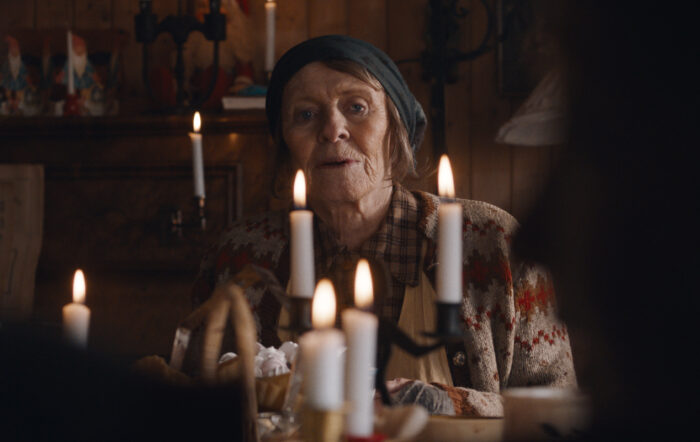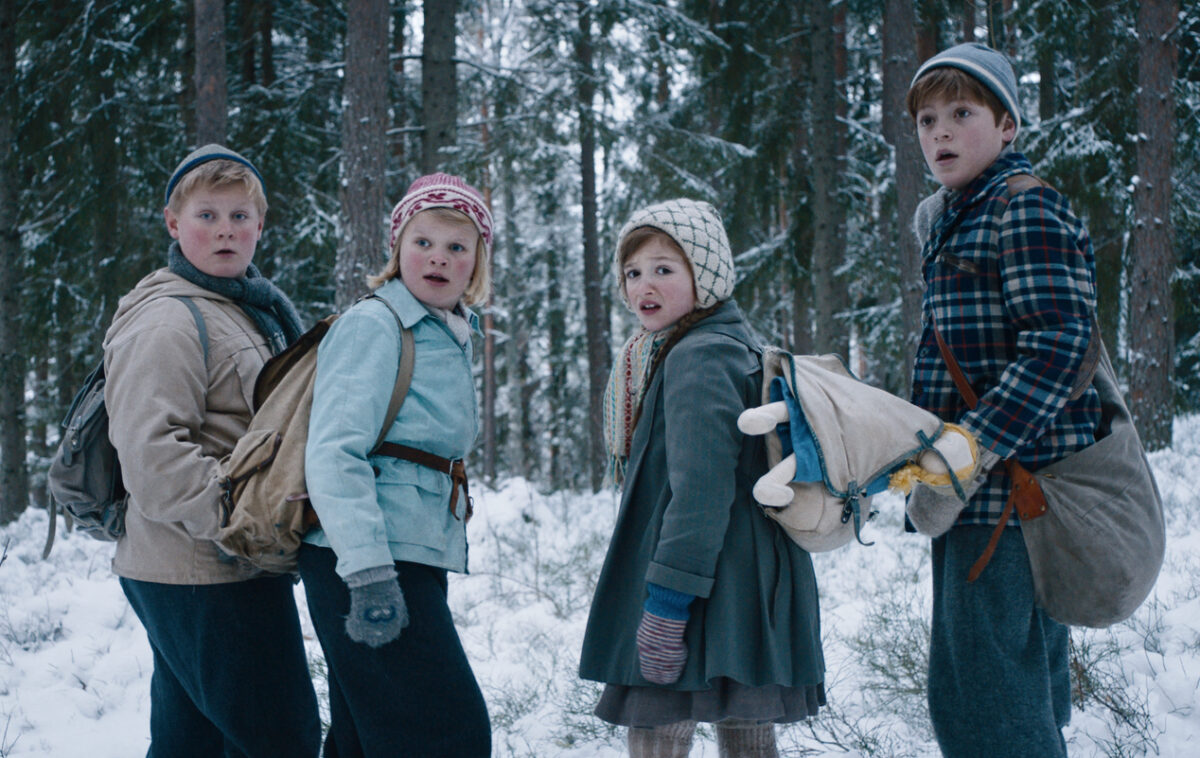During Germany’s occupation of Norway from 1940 onward, Jews were singled out for persecution. Shorn of their rights, they were maligned and marginalized. But the worst was yet to come. Within two years of the German invasion, 773 Jews were deported to extermination camps in Nazi-occupied Poland. More than 1,000 Jews managed to escape to the safety of neighboring Sweden, a neutral country.
Johanne Helgeland’s heart-warming movie, The Crossing, based on a novel by Maja Lunde, focuses on two Norwegian Christian kids who agree to help two Jewish children reach Sweden.
It will be screened at the Hannukah Film Festival, which is being presented online by Menemsha Films from November 28 to December 5.
At the core of this drama is a vivacious and imaginative 10-year-old Norwegian girl named Gerda (Anna Sofie Skarholt) who enjoys playing games in which she vanquishes villains. She lives with her parents, who are members of the anti-German resistance movement, and her older brother Otto (Bo Lindquist-Ellingsen).

In the first minutes of the movie, Otto is drawn to a pro-Nazi rally during which the keynote speaker denounces Jews. Why are we at war? he asks rhetorically. Because “certain people” in quest of money, power and property sought it, he claims. Members of the audience immediately identify these scoundrels as Jews. The unidentified Nazi lambastes them as “vermin” who belong neither in Europe nor in Norway.
Otto’s father reprimands him for having gone to a rally attended by Nazi sympathizers. Puzzled by his attitude, Otto says provocatively, “How do we know they’re wrong?”

The mood of the film grows still darker when the police raid their home. They’re looking for two Jewish children Otto’s farther and mother may have hidden. They find nothing, but take their parents away for questioning.
Out of curiosity, Otto and Gerda search the basement. Sarah and Daniel, the missing Jewish children, turn up. None too pleased by their presence, Otto asks them to leave. Gerda objects and promises to guide them to her aunt’s house near the Swedish border. In the ensuing scenes, the foursome are assisted by kind strangers as they make their way toward Sweden in the dead of winter.
A sympathetic train conductor proves to be helpful, warning them to be careful and advising them to use back roads. After disembarking from the train in a small town, they witness the heart-rending roundup of a Jewish family.
Gerda’s cousin, a teenager who has joined the resistance, is only too glad to assist them. As they approach the border, they’re stopped by a German patrol. Thanks to Gerda’s cool headedness, they’re allowed to proceed.
A contact who was supposed to assist them is nowhere to be found. His neighbor, an elderly woman, says he has been arrested by the Germans. After she invites them into her home for a meal, she deduces that two of her guests are Jewish. “You’ve got nothing to fear,” she says soothingly. In fact, she turns out to be an admirer of Adolf Hitler and a vicious antisemite.

Alarmed by this shrew, they run into a dense forest. Tempers flare after Daniel expresses his mistrust of Otto. Once again, Gerda saves the day. They spend the night in an abandoned cabin, sharing a slice of bread for supper. Sarah is scared, but Gerda calms her down with a rendition of a fairly tale.
Intent on catching the youngsters, the Germans resort to the use of sniffer dogs. The children press on, with the German soldiers in hot pursuit.
The Crossing is a fine movie in every respect. The suspense builds as Sweden looms closer. And the cast is excellent. Skarholt, in particular, is a marvel. Poised and intelligent beyond her years, she is the glue that holds this poignant and appealing film together.
